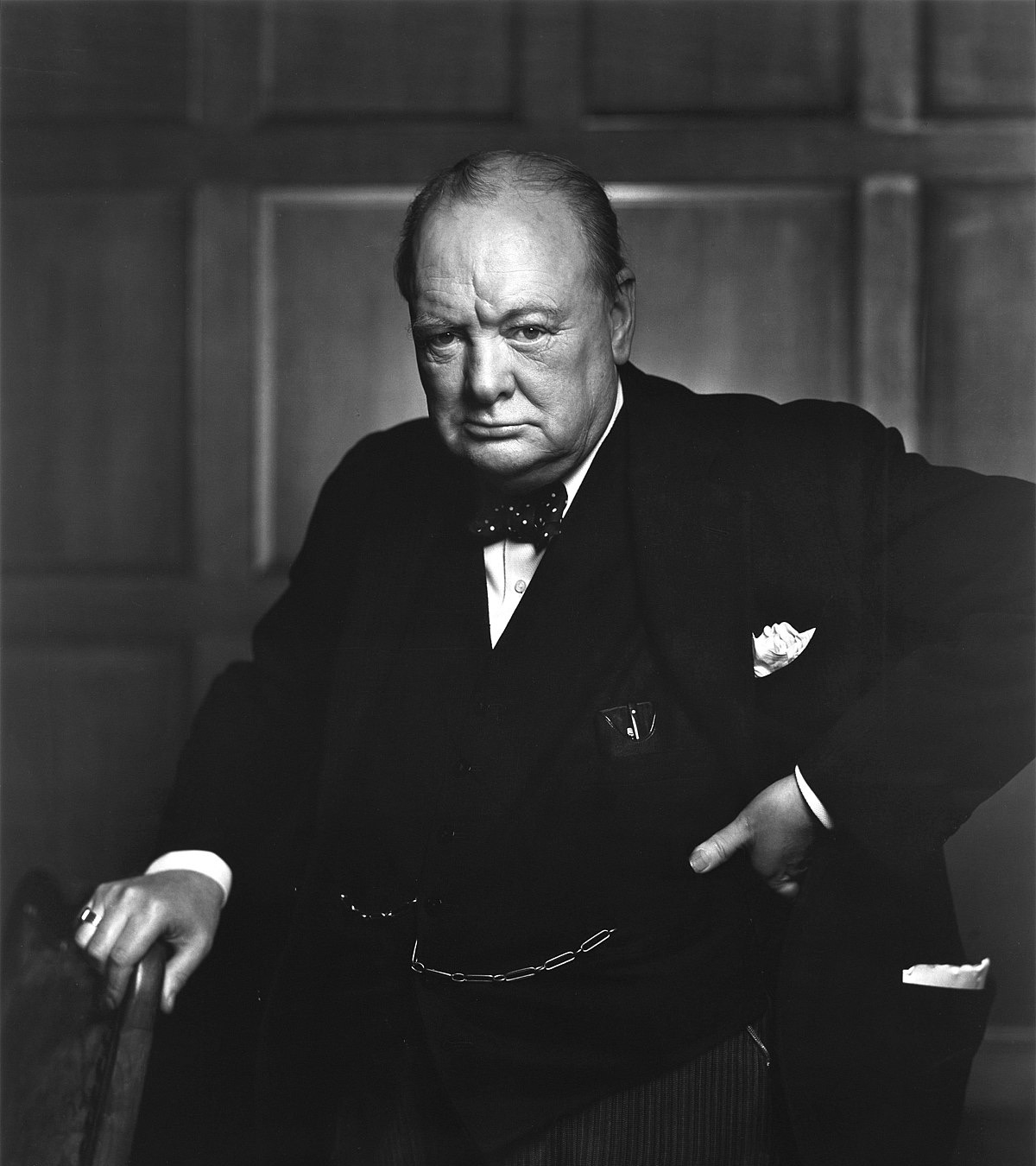Never let a good crisis go to waste
July 24, 2020

 As Winston Churchill was working to establish the United Nations after World War Two, he observed that leaders should “never let a good crisis go to waste”.
As Winston Churchill was working to establish the United Nations after World War Two, he observed that leaders should “never let a good crisis go to waste”.
Faced with the current pandemic-induced crisis, we all face choices, and we are all at risk of failing to grasp the opportunity to drive much-needed and often long-overdue change.
We can either hope to return to something that looks similar to the old normal, or we can use the “crisis” as a catalyst to rethink the way we go to market…
Let’s face it, it’s not as if the old normal - by any rational analysis - represented anything like a high-water mark for most B2B sales organisations. Far from it. For years, B2B sales has been plagued by unsustainable levels of avoidable wastage and error.
Every piece of research published on the subject has shown that B2B salespeople spend only a fraction of their time on truly productive, customer-facing activities - with the rest of their available hours consumed in tasks that generate little or no customer value.
Far too many salespeople have regularly wasted time in unnecessary travel, in the search for relevant information, in the recreation or reinvention of already existing materials, in unnecessary and unproductive administration and in pursuing opportunities that they have no realistic chance of closing.
The sales enablement movement burst onto the scene a few years ago with high hopes (and over-blown expectations) that it would eliminate a lot of this waste, but most of us would have to admit that with a few notable exceptions it is still a long way from fulfilling its potential.
And far too many salespeople are making predictable and avoidable errors - often repeatedly. These fall into three key categories:
- Errors of ignorance, in which the salesperson fails to know information that they could and should have discovered
- Errors of application, in which the salesperson fails to properly and intelligently apply information that was in their possession
- Errors of enablement, in which the organisation actually learned invaluable information but failed to share it effectively with every member of the sales team
Sometimes, these errors are belatedly stumbled on in individual “wish I had known then what I know now” moments - but all too often, the underlying error goes completely undiscovered, unacknowledged or unshared.
There's no point in pursuing perfection
Complex B2B sales are inevitably complicated. The pursuit of “perfection” (whatever this is or however it might be measured) is a Quixotic dream. But we can make remarkable progress by identifying and eliminating the common sources of avoidable waste and error.
And that’s where I recommend you start in your quest to turn the current “crisis” into an opportunity. Where have sales been delayed or lost in the past? Where and why have salespeople gone off on wild goose chases? What are the things salespeople wish they had known earlier in a sales cycle, and what are the actions salespeople wish they had performed more effectively?
This requires absolute honesty and an unshakeable commitment to learn and improve on the part of everyone involved in the process. There must be no brushing uncomfortable discoveries under the carpet, and no tolerance for denial. Some members of your team may not be happy with this, to which I can only say ‘can you afford to continue carrying these dinosaurs on your team into the next normal?’ The answer, of course, is “no”.
And having committed to collectively and individually seek out and eliminate these common sources of error and waste, you can turn your attention to the potential of whatever the next normal holds for you.
What can you be best at?
In the current and likely future business environment, what are the business issues your organisation can credibly claim to be best-in-class at addressing? What are the common characteristics of the organisations most likely to be suffering from them? What roles in these organisations are most likely to act as change agents? And what are the triggers and signals (other than the impact of covid-19 itself) that are likely to indicate that your prospective customer is ready to embrace change?
How can you position your organisation as a thought leader in helping these prospects navigate towards the next normal? How can you equip your salespeople to have assured, issue-led conversations with prospective customers that give them the confidence to do business with you?
From sales process to buying journey
How can you pivot from driving a traditional sales process that almost inevitably over-emphasised product knowledge to one that serves to uncover, understand, shape and facilitate the customer’s decision-making journey? How can you stop the foolish and unproductive promotion of generic so-called “solutions” and focus instead on the achievement of valuable customer-specific outcomes? How can you learn to sell the way your customers want to buy?
How can you craft customer-specific value stories? How many of your current salespeople are already able to have the necessary insight- and experience-driven conversations? How can you develop the ones with the potential to master these essential skills? What are you going to do with the ones that simply have no chance of making the grade? And how can you ensure that any new hires have the right sales DNA?
These are important questions for every sales organisation, and significant challenges for many. But even without the pandemic, you would have had to confront them at some point in the future. The current crisis has simply accelerated the speed with which you need to reshape and evolve your organisation and your go-to-market strategies.
If you’d like to talk through the implications, let’s set up a call.
ABOUT THE AUTHOR
 Bob Apollo is a Fellow of the Association of Professional Sales, a founding contributor to the International Journal of Sales Transformation, an active member of the Sales Experts Channel and the Sales Enablement Society, and the driving force behind Inflexion-Point Strategy Partners, the leading proponents of outcome-centric selling.
Bob Apollo is a Fellow of the Association of Professional Sales, a founding contributor to the International Journal of Sales Transformation, an active member of the Sales Experts Channel and the Sales Enablement Society, and the driving force behind Inflexion-Point Strategy Partners, the leading proponents of outcome-centric selling.
Following a successful corporate career spanning start-ups, scale-ups and market leaders, Bob now works as a strategic advisor, mentor, trainer and coach to ambitious B2B sales organisations - teaching them how to differentiate themselves through their provably superior approach to achieving their customer's desired outcomes.


Comments